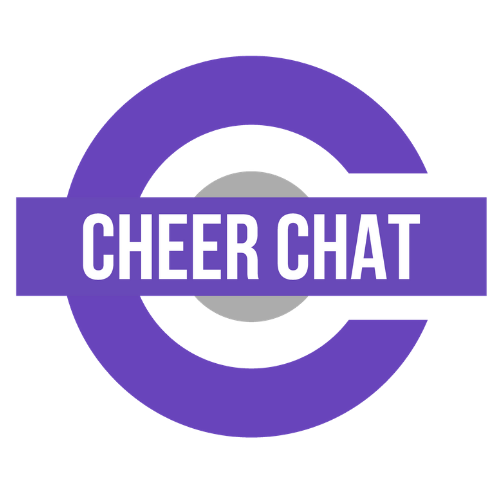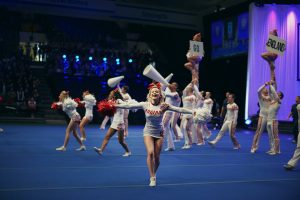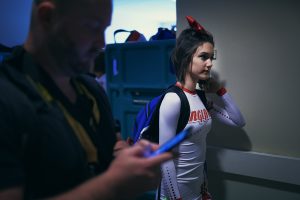All cheerleaders are completely different so you will need to adapt your coaching style for each individual. You will be a key part of their development and hopefully share future successes throughout your journey.
When a new athlete walks through the door it’s a massive opportunity for both of you. This athlete could go on to represent your team for years to come but it all depends on how they are coached by you.
Develop cheerleaders so that they grow under your guidance
Everyone will have different physical and mental attributes that could either give them an advantage or hinder their progress. Some might be genetically stronger or more flexible and others may not be as naturally gifted. Cheerleaders will have to know the basics and fundamentals but some will have to work harder on different areas than others.
It’s your job to assess their strengths and weaknesses and adjust their training accordingly. There is no one size fits all approach so you will need need to adapt as you go. If someone is unconfident, you don’t want to push them too soon as you want them to feel comfortable in learning new skills.
However, people who are naturally more talented could become easily distracted if they don’t feel challenged. Don’t let the limitations of others hinder their progression and give your talented athletes the chance to shine.
Drilling in good habits
Practice makes perfect and you can never be too ready for a competition. The power of repetition trains muscle memory improves the brain and enforces good habits.
By creating a set warm-up and warm-down that your athletes do religiously, they will be able to repeat this process independently. Without having to think about it, they’ll know how to safely prepare their bodies and focus their minds for what is ahead.
Giving more experienced cheerleaders certain tasks in training can encourage them to take initiative and lead the group through familiar exercises. You must be clear with your instructions and make sure they understand what is required. This will give you assurance and your athletes will also build confidence in their own abilities.
Encourage athletes to take responsibility for their own training both during and outside of practice. This teaches your athletes self-discipline and independence, which are skills that will help them in every aspect of life.
Creating a strong team culture
To get the most out of your athletes you need to create a culture within the team that everyone understands. This could be anything from speaking to each other in a respectful way, having patience and knowing when to help and encourage one another.
Organising social activities is a great opportunity for team bonding. You might have new athletes joining and want to help them integrate into the team. Or perhaps your team has just won a championship and you want the team to celebrate. Social activities can gel a team together and is great for motivation.
Team talks are key both at the beginning and end of practice sessions. Setting goals at the start of the session gives everyone an overview of what’s expected. At the end of practice, a review gives you the chance to critique the session and plan what everyone needs to work on. This is a good opportunity to notify everyone of future changes to training times, upcoming payments and other general news.
Team talks make it easier to analyse training, assess athletes progress and organise your whole team. Also, they give everyone the chance to speak their minds and this usually leads to an open and honest atmosphere.
In another article, we discuss how experienced cheerleaders can help you get the most out of your team by setting an example to younger athletes.




